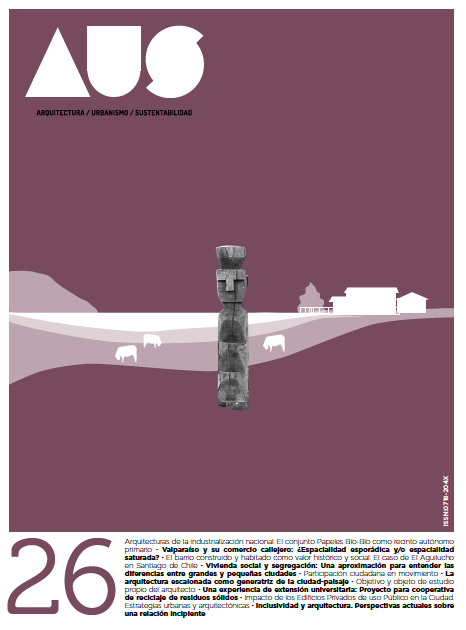Alternative epistemologies as a utopian tool to understand territory from an emerging, polycentric and complex approach
Main Article Content
Abstract
This article is a proposal to grasp territory from a different perspective, in coexistence with the traditional and planned city. With, however, the physical discoveries of the 20th century – particularly those related to quantum physics and the theory of relativity– it became evident that space-time are inseparable magnitudes, in contraction with the tenetof Euclidean geometry and opening at the same time the possibility of discussing territory in terms of new utopias about reality. Drawing upon such utopias about reality, this means that there are no inherent hierarchical structures ruled by a fixed center; neither is there an absolute reference framework as expressed by Newtonian theory. From this point of view, the research projects a territorial transformation strategy that gives rise to new forms of self-organization in order to understand territory as a fabric and not as mere coexistence, resulting in the need to look for a new complex and polycentric space.

